
The latest was written by Zhang-He Goh @goh-zhanghe.bsky.social, discussing an enzymatic method for tryptophan-specific bromination described in a recent #preprint from the lab of @amyweeks.bsky.social.
#preLight ⬇️
prelights.biologists.com/highlights/e...

The latest was written by Zhang-He Goh @goh-zhanghe.bsky.social, discussing an enzymatic method for tryptophan-specific bromination described in a recent #preprint from the lab of @amyweeks.bsky.social.
#preLight ⬇️
prelights.biologists.com/highlights/e...

pubs.acs.org/doi/full/10....
pubs.acs.org/doi/full/10....
New reactions are typically developed by trial and error. How can we speed up this process? Read on to learn how we used DNA scaffolding to perform >500,000 parallel reactions on attomole scale.
1/n
New reactions are typically developed by trial and error. How can we speed up this process? Read on to learn how we used DNA scaffolding to perform >500,000 parallel reactions on attomole scale.
1/n


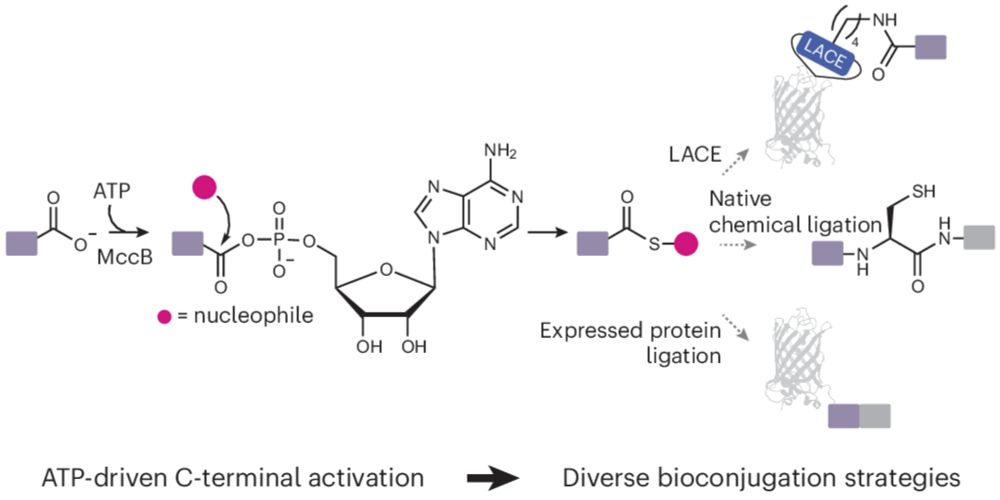

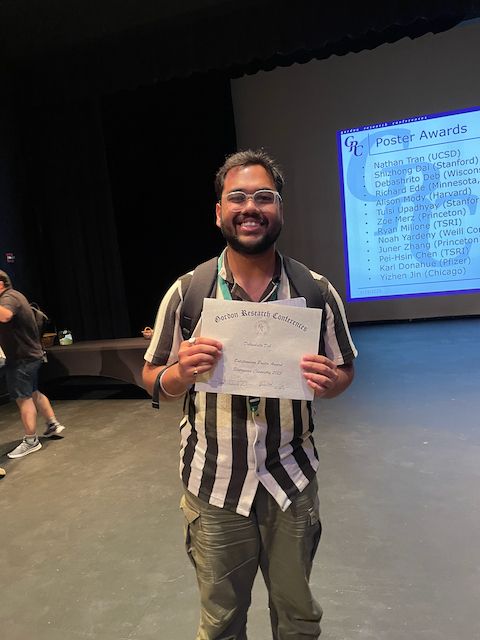
1/3
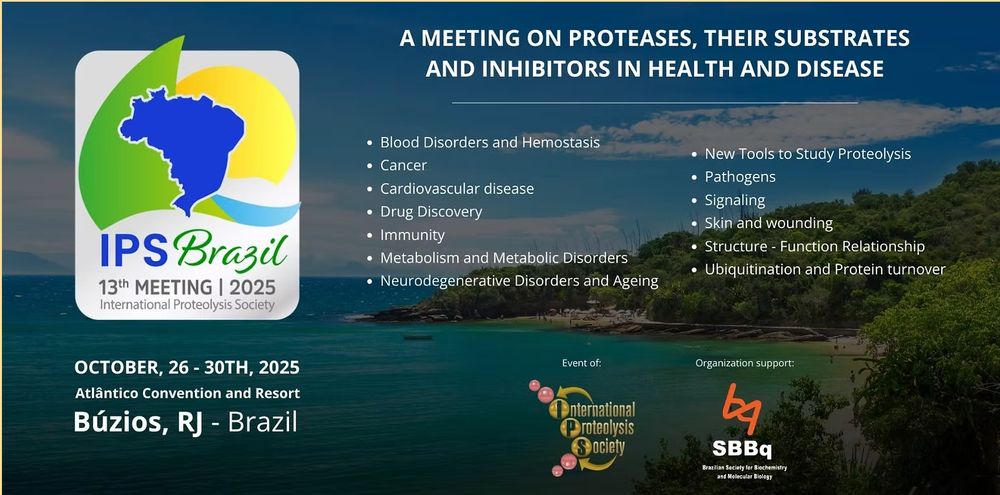
1/3
@natmetabolism.nature.com, led by
@kyle-flickinger.bsky.social, where we unravel a mechanistic basis for the conditional essentiality of NADK, one of the many interesting hits from our previously reported CRISPR screening with HPLM rdcu.be/ekpu6
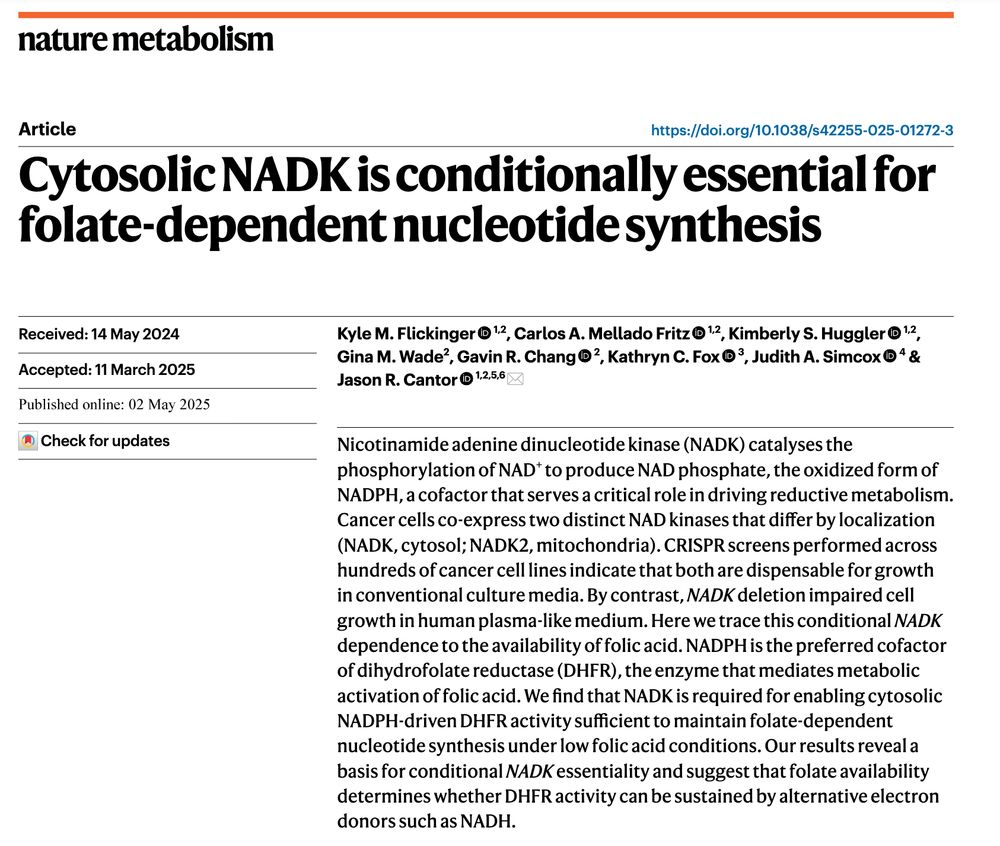
@natmetabolism.nature.com, led by
@kyle-flickinger.bsky.social, where we unravel a mechanistic basis for the conditional essentiality of NADK, one of the many interesting hits from our previously reported CRISPR screening with HPLM rdcu.be/ekpu6
www.harvard.edu/president/ne...

www.harvard.edu/president/ne...

Congratulations to Alissa Choi, Elliott Weix and Pramana Saldin!

Congratulations to Alissa Choi, Elliott Weix and Pramana Saldin!

#proteomics and rapid patient derived models to inform patient care - out in EMBO Molecular Medicine.
A first in Canada step towards improved personalized #PrecisionMedicine
CBC: www.cbc.ca/player/play/...
Article: www.embopress.org/doi/full/10....

#proteomics and rapid patient derived models to inform patient care - out in EMBO Molecular Medicine.
A first in Canada step towards improved personalized #PrecisionMedicine
CBC: www.cbc.ca/player/play/...
Article: www.embopress.org/doi/full/10....
At NIH, > 1300 people were RIFed. These range all across the board from institute directors to low level administrative staff.
Communication staff and procurement appear to be hardest hit as anticipated from the HHS plan
1/n
At NIH, > 1300 people were RIFed. These range all across the board from institute directors to low level administrative staff.
Communication staff and procurement appear to be hardest hit as anticipated from the HHS plan
1/n

www.science.org/doi/10.1126/...
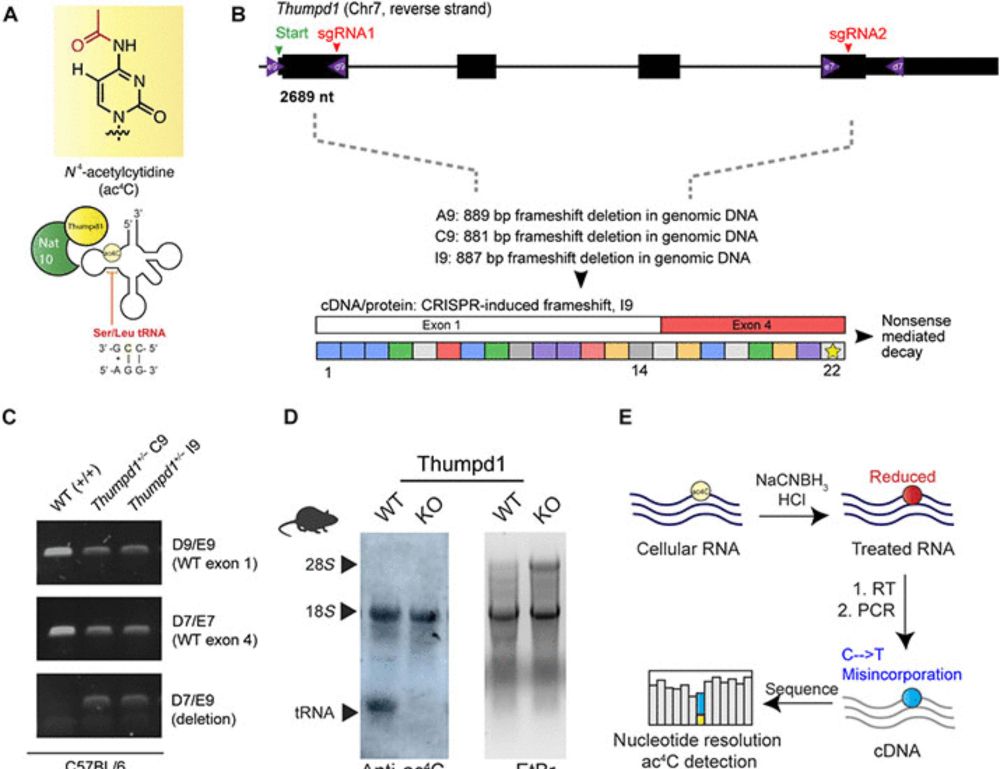
www.science.org/doi/10.1126/...
@amyweeks.bsky.social
www.clintonitem.com/writes-cuts-...

@amyweeks.bsky.social
www.clintonitem.com/writes-cuts-...

